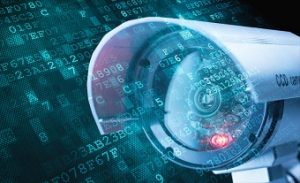
Cyber security is unarguably one of the most difficult challenges facing modern video security systems. The situation is not made easier by the increasing use of cloud technologies, AI und IoT strategies. However, it is not uncommon for users to forget the most basic precautions. The Germany-based manufacturer Dallmeier stresses five important “procedure tips” when setting up security for a video surveillance system
Safeguarding a video system involves many technical components, and the corresponding expertise. However, there are a number of basic aspects which do not fall within the realm of pure technology – but are at least as important as a good firewall. For Cybersecurity Month October, Germany-based video technology manufacturer Dallmeier offers a reminder of the five most important “soft” procedural aspects:
User rights
Operators should only set up user accounts with user rights that are absolutely essential to their function. This reduces the threat of manipulation “from inside”.
Passwords
Still a subject which is neglected much too often: Default username/password combinations should be changed without fail, and strong passwords should be used. Especially important: Check that this rule is being observed.
Unnecessary services
A small number of services automatically reduces the number of potential points of attack. Accordingly, it is advisable to consider carefully: Which services are needed, which can be disabled?
Updates and patches
Nothing changes faster than the number and nature of cyber attacks. Therefore, product updates and security patches should be installed promptly, and maintenance contracts should always be kept up to date.
Up-to-date system components
Everyone is delighted when systems remain usable for a long time and don’t break down. But especially with regard to IoT systems, it is always worth considering whether it might be better to replace components even if they are still fully functional, for example because no more security updates are being issued. In this area, economising until the bitter end is not always the right strategy.











